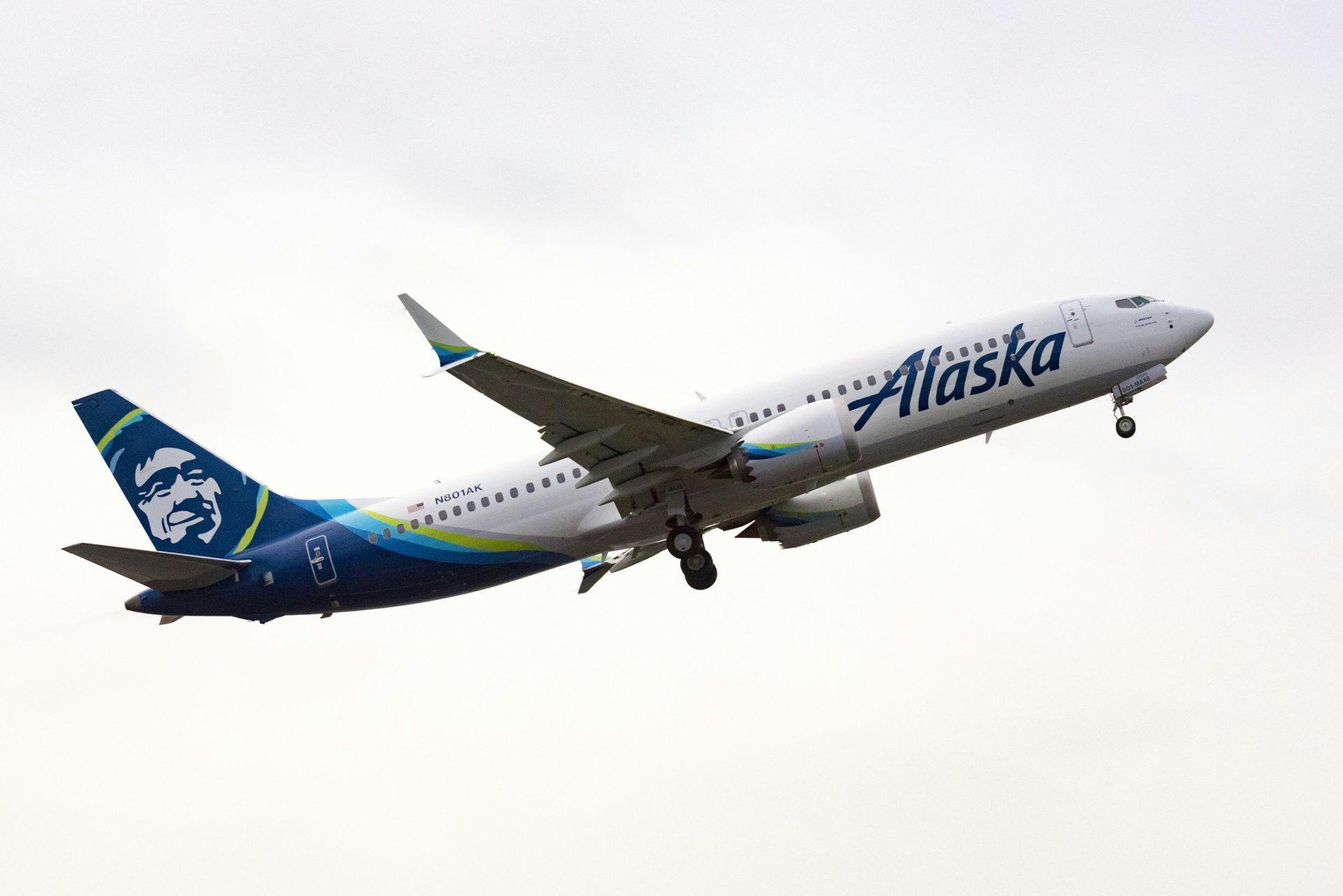
Smarter email, faster business.
Trending
Airbus Announces Longer Version of A330neo
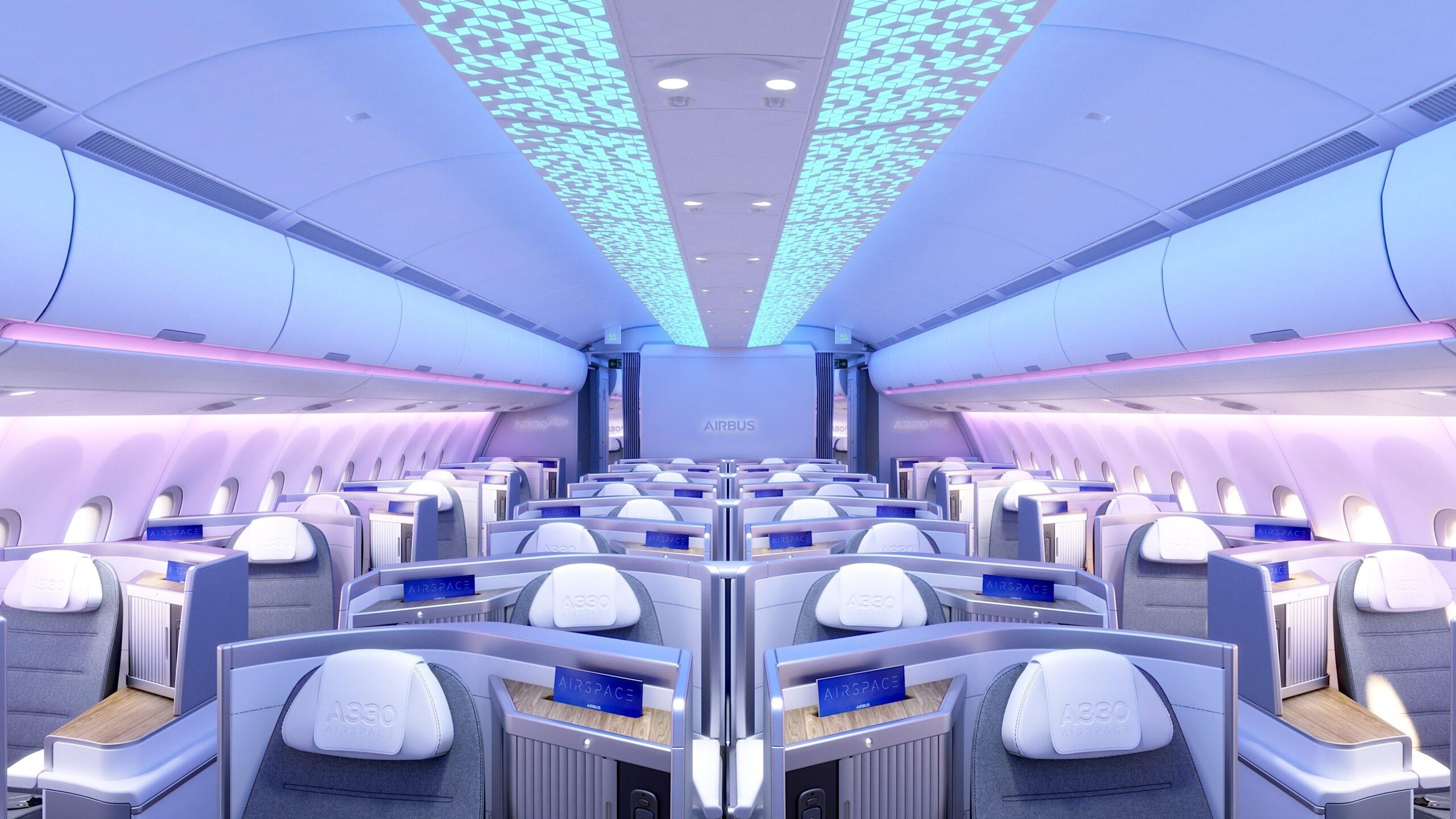
Airbus Announces Longer Version of A330neo with Enhanced Capabilities
Airbus has announced a significant upgrade to its A330neo widebody aircraft, introducing a longer version with increased maximum takeoff weight (MTOW) for both the A330-900 and A330-800 variants. The European aerospace manufacturer revealed at a recent industry event that the MTOW for the A330-900 will rise from 251 to 257 tons, with a similar increase planned for the A330-800. This enhancement is expected to be implemented by mid-2026.
Performance Improvements and Market Impact
While the six-ton increase in MTOW may seem modest, it offers substantial benefits in terms of range, payload capacity, and operational flexibility. Airlines will be able to operate longer routes or carry additional passengers and cargo without compromising efficiency. This upgrade responds directly to airline demands for aircraft capable of ultra-long-haul flights, heavy freight missions, and operations in challenging environments such as airports with high temperatures or elevations.
Since its introduction in 2018, the A330neo has established itself as a cost-effective and fuel-efficient option for long-haul travel. Equipped with Rolls-Royce Trent 7000 engines and featuring aerodynamic enhancements over its predecessor, the A330ceo, the A330neo achieves up to 25% fuel savings per seat. Its lower acquisition cost compared to the Boeing 787 has made it particularly attractive to carriers seeking a balance between operational efficiency and budget constraints.
The MTOW increase further strengthens Airbus’s competitive position against Boeing’s 787 Dreamliner, especially in markets where incremental improvements in payload and range are critical. The A330neo already offers advantages in list price and operating costs, and the enhanced performance will make it an even more compelling choice for airlines operating demanding routes, particularly in Southeast Asia and the Middle East.
Market Reception and Industry Challenges
The aircraft’s growing appeal is reflected in recent market activity. Vietjet has doubled its order, adding 20 more A330-900s to support its expanding international network. Other carriers, including Malaysia Airlines, Thai Airways, and Etihad, are expected to benefit from the MTOW increase on high-demand routes across the Asia-Pacific and Gulf regions.
However, Airbus faces potential challenges amid ongoing trade tensions between the European Union and the United States. These disputes could affect orders from certain carriers, such as Spirit Airlines, which may reconsider or delay purchases of the A320neo family as a consequence.
Despite these uncertainties, Airbus continues to enhance A330neo production through automated assembly processes and the use of lighter materials, maintaining the aircraft’s efficiency and cost competitiveness. The A330neo is also certified to operate with up to 50% sustainable aviation fuel (SAF), aligning with the industry’s broader commitment to greener operations.
With these developments, Airbus aims to meet evolving airline requirements and sustain the A330neo’s position in the global widebody market.
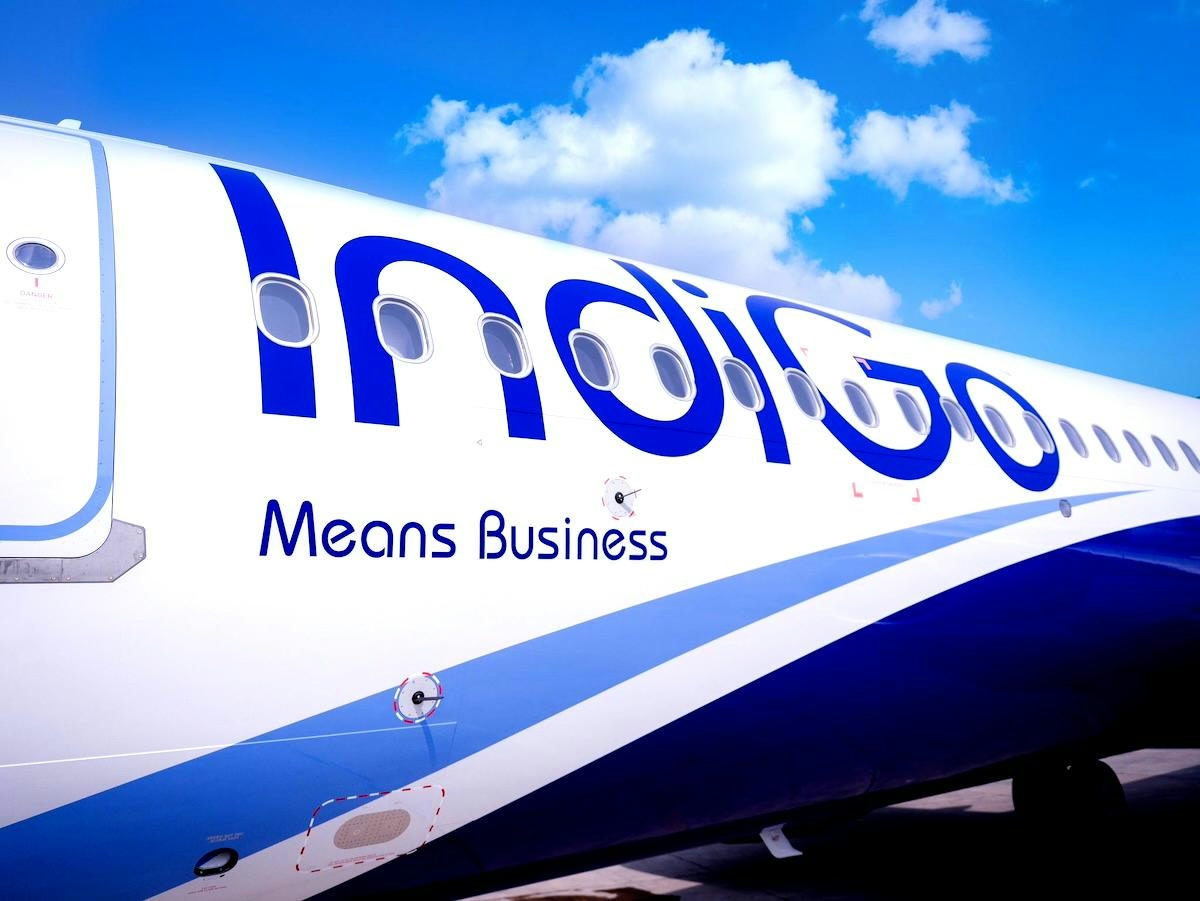
IndiGo and Turkish Airlines to Continue Codeshare Despite Lease Expiry, CEO Says
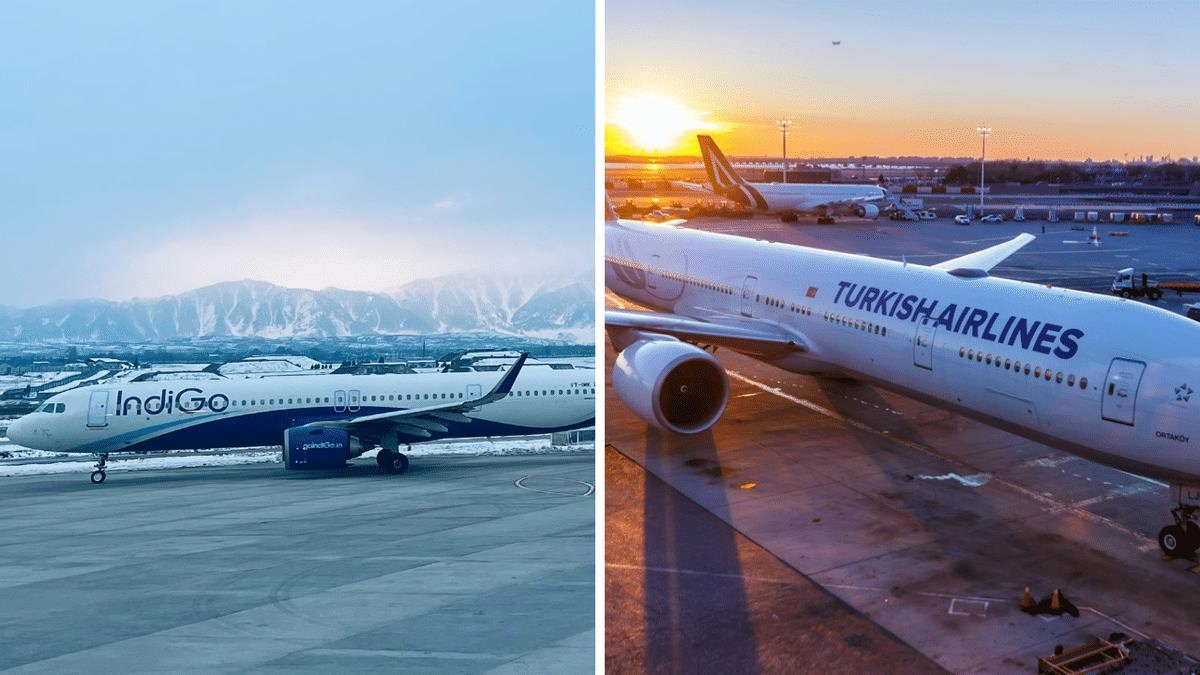
IndiGo to Maintain Istanbul Flights After Turkish Airlines Lease Ends; Codeshare Partnership Unaffected
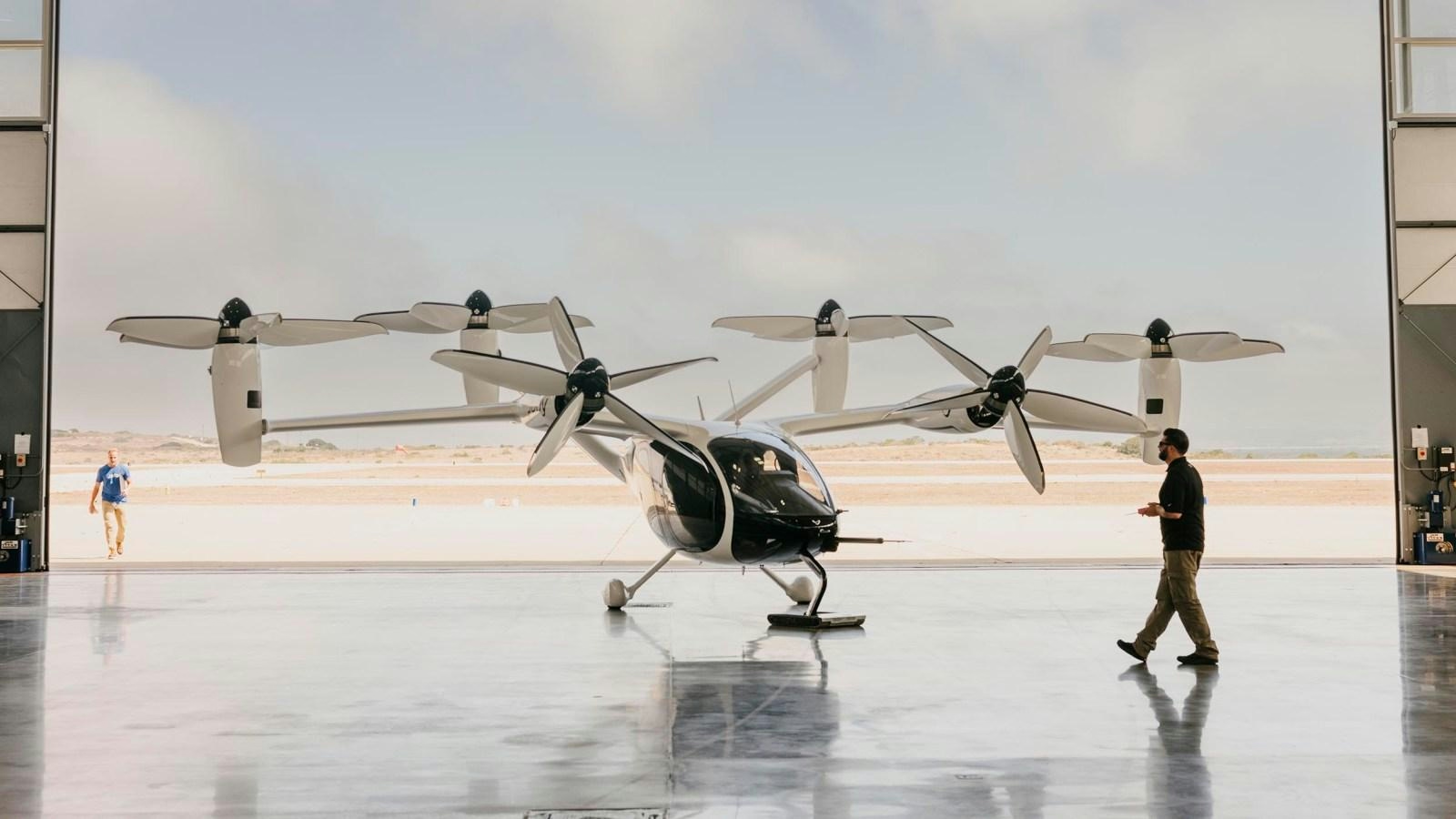
Joby Aviation’s electric air taxi set to revolutionize urban mobility

How Air Travel Affects Your Hearing
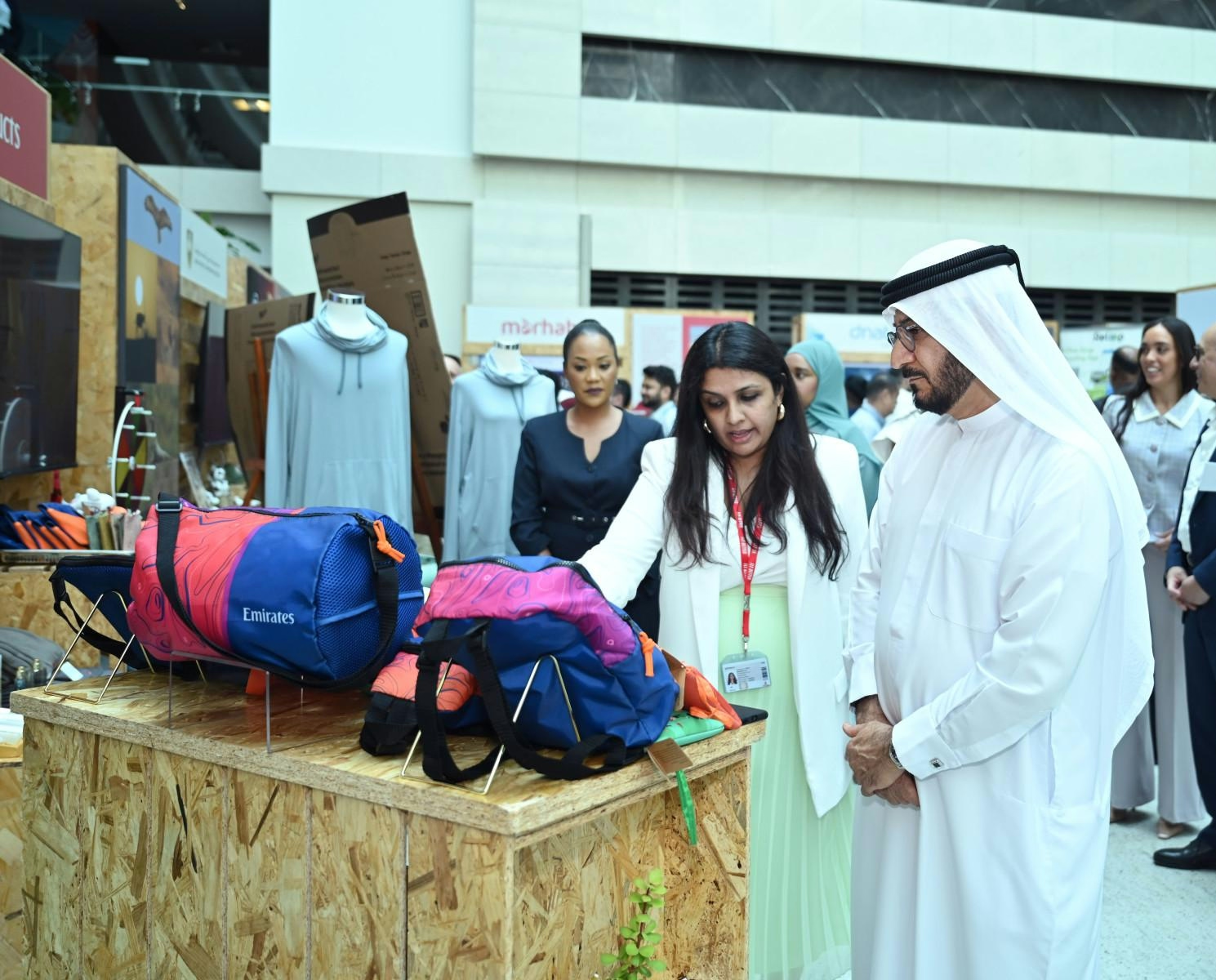
Emirates Group Advances Sustainable Travel Through Plastic Reduction and Circular Economy Initiatives
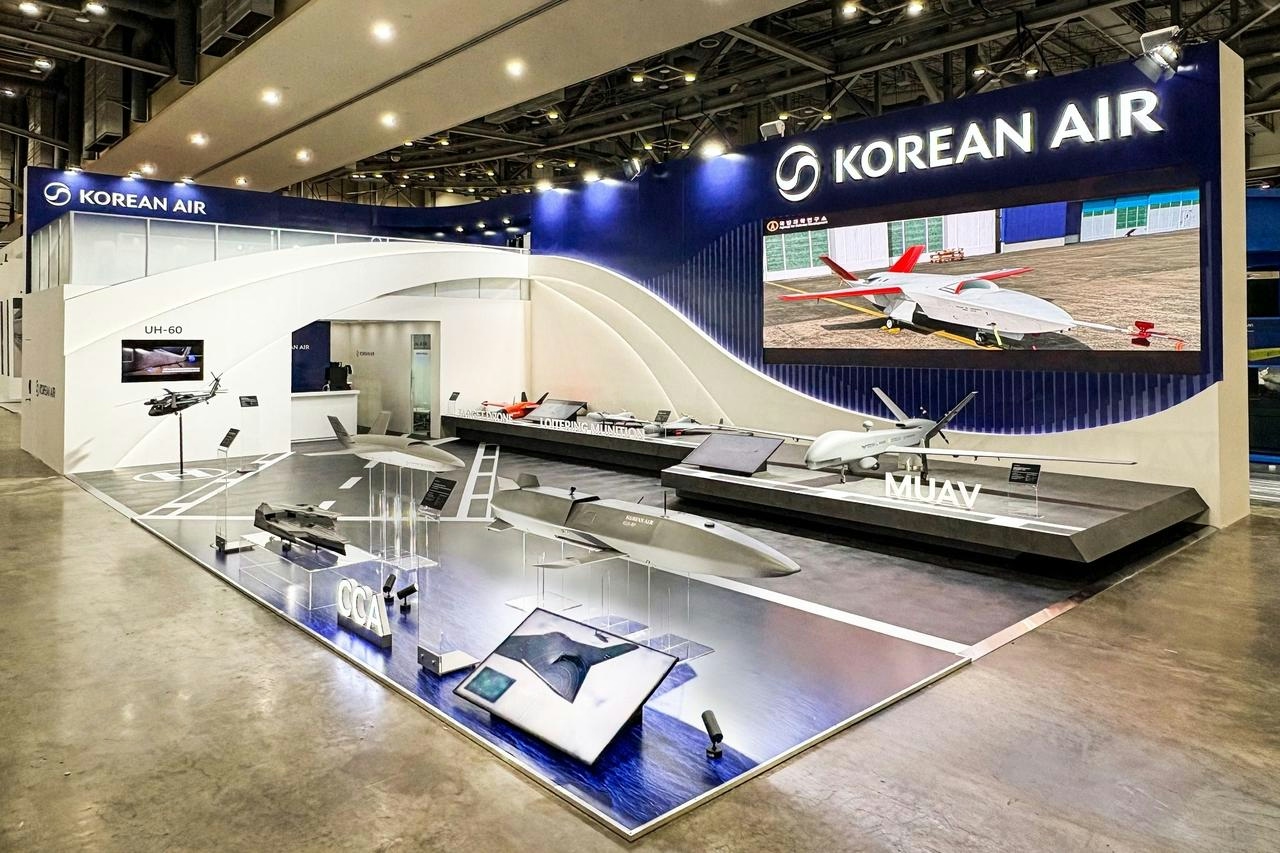
Korean Air Expands Presence in Aerospace and Defense

China Begins Testing Plasma-Powered Engines
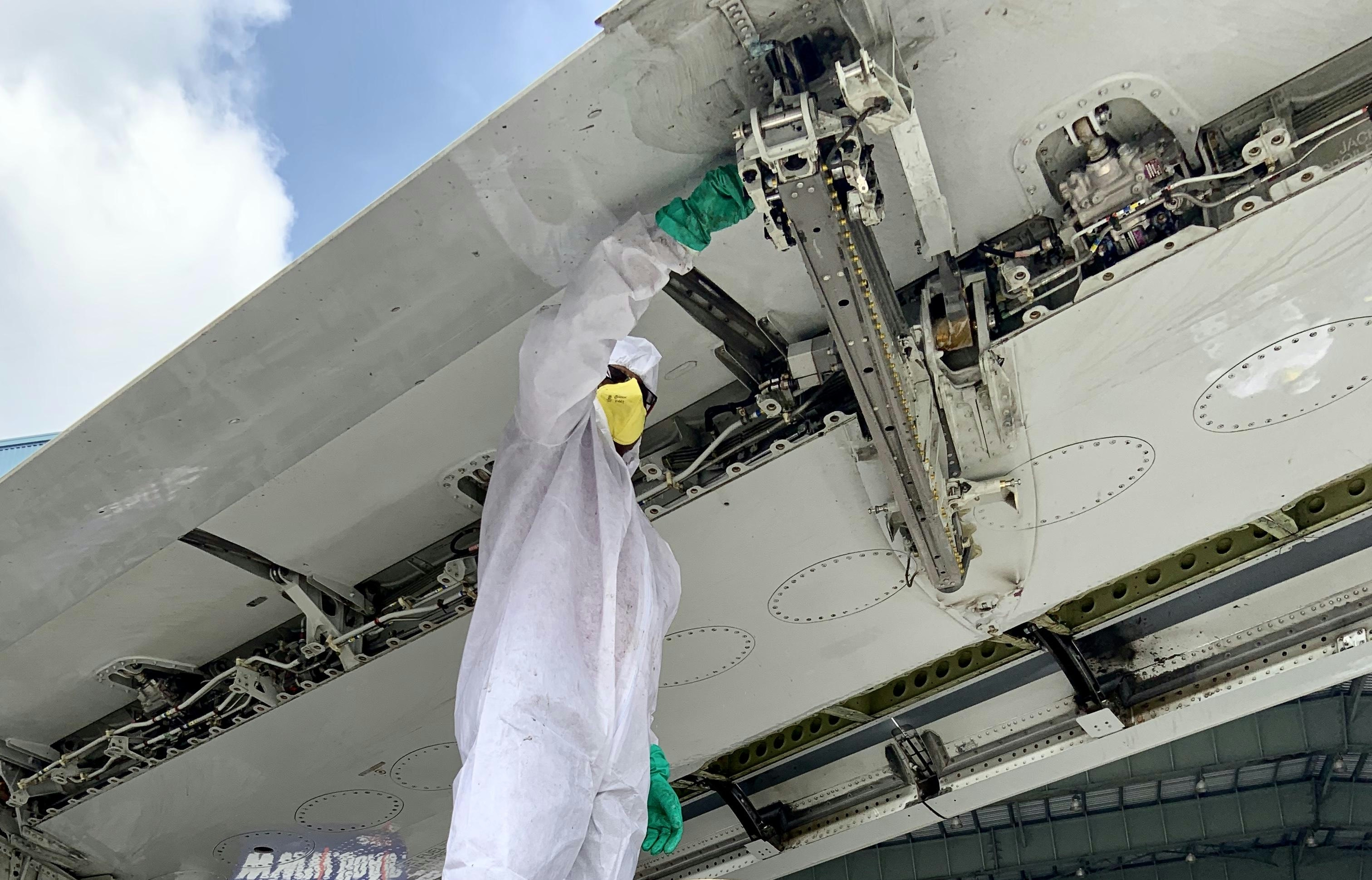
Challenges in India’s MRO Industry: Safety, Skills, and Self-Reliance
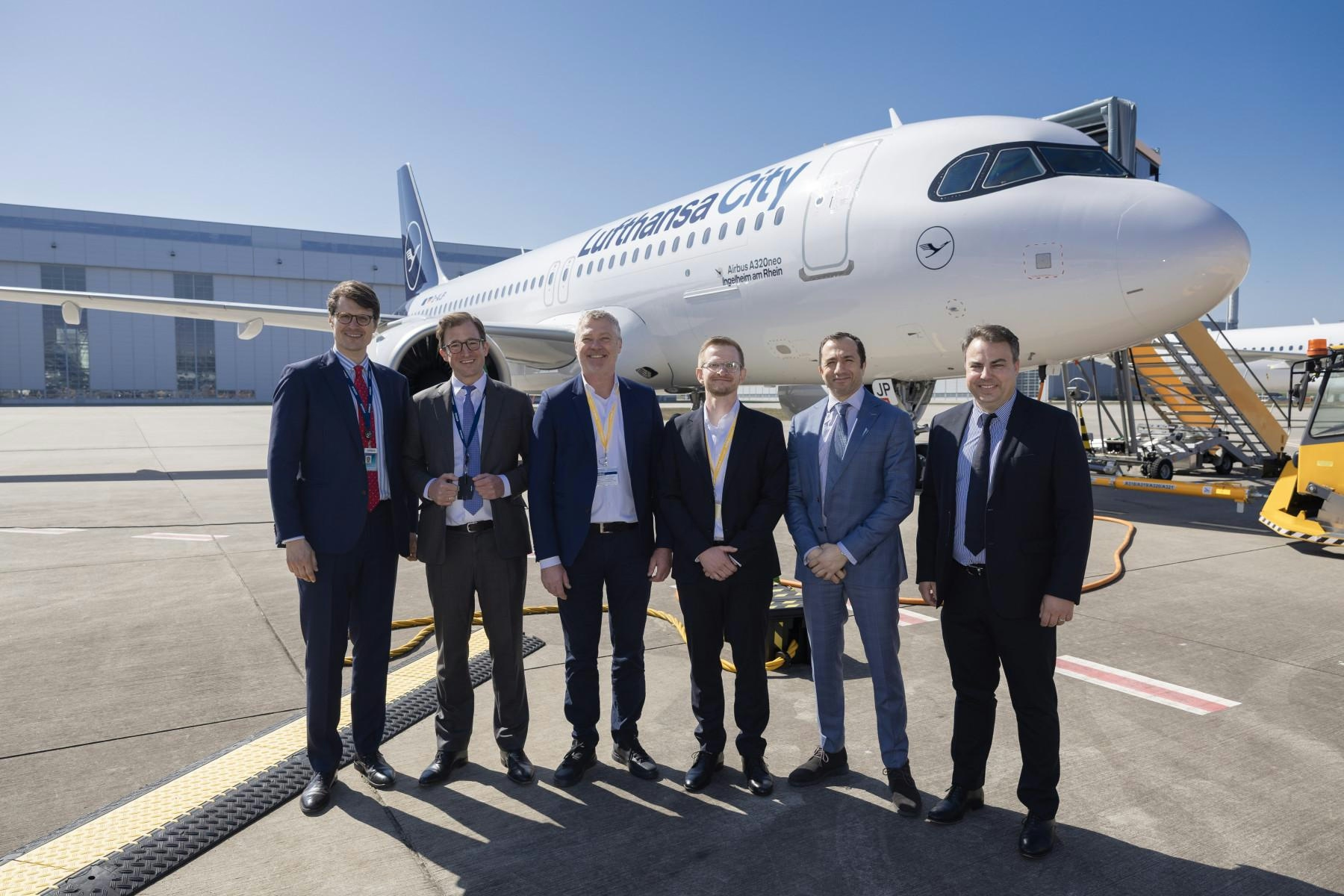
Crestone Air Partners Adds Airbus A319 and A320 Aircraft to Leasing Portfolio
